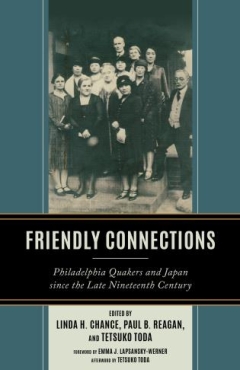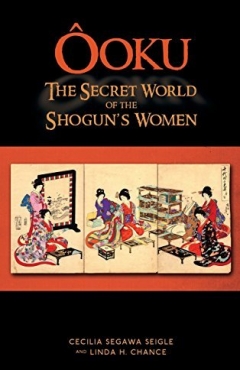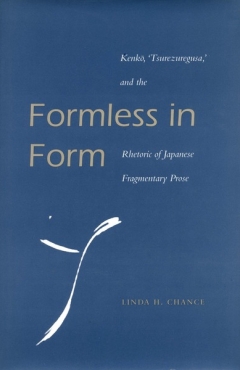- PhD, University of California at Los Angeles, 1990
- MA, University of Washington, Seattle, 1986
My main field is prose of the medieval era, particularly the random essay form (zuihitsu). I am interested in how texts come to be read as they are, which I approach through commentarial and reception histories, as well as genre study. The influences of Buddhist thought, gender, the various types of writing practiced in Japan, and musical modes of transmission are among my interests. My current project concerns literary masquerade across gender (and other) lines.
In my teaching, I give a prominent role to material culture, including clothing and food cultures.
I am a co-founder, with Dr. Julie Davis of Art History, of the Faculty Working Group RAMS: Reading Asian Manuscripts. In the past several years, we have hosted four Penn-Cambridge Hentaigana and Kuzushiji Reading Workshops under the leadership of Dr. Laura Moretti, a Transcribathon, and two symposia. History of the book, manuscripts, and printing are at the top of my current research agenda.
- Sushi and Ramen: Making Japanese Food Global (EALC 0954);
- Introduction to Japanese Civilization (EALC 0040);
- Love and Loss in Japanese Literary Traditions (EALC 1242);
- Loyal Warriors in Japanese Literature (EALC 2243);
- Readings in Classical Japanese I (EALC 3641/7641/JPAN 1050);
- War and Literature in Japan: Tales of the Heike (EALC 3244);
- Major Seminar: Japan, Reality/Fantasy (EALC 4050);
- Readings in Advanced Japanese II (JPAN 1145);
- Japanese for Sinologists (EALC 8659);
- Japanese Literature: Research Methods in the Classical Tradition (EALC 8840).
"Atom Came from Bugs: The Precocious Didacticism of Tezuka Osamu's Essays in Insect Idleness," in Mechademia 8 (2013).
Formless in Form: Kenkô, Tsurezuregusa, and the Rhetoric of Japanese Fragmentary Prose (Stanford University Press, 1997).
"Accessorizing the Text: the Role of Commentary in the Creation of Readers," Proceedings of the Association for Japanese Literary Studies,Vol. 5 (Summer 2004).
"Zuihitsu and Gender: Tsurezuregusa and The Pillow Book," in Inventing the Classics: Modernity, National Identity, and Japanese Literature, Haruo Shirane and Tomi Suzuki, eds. (Stanford University Press, 2000).
"Education in Asian Languages: Start at the Very Beginning" in Education About Asia 5:2 (Fall 2000).




